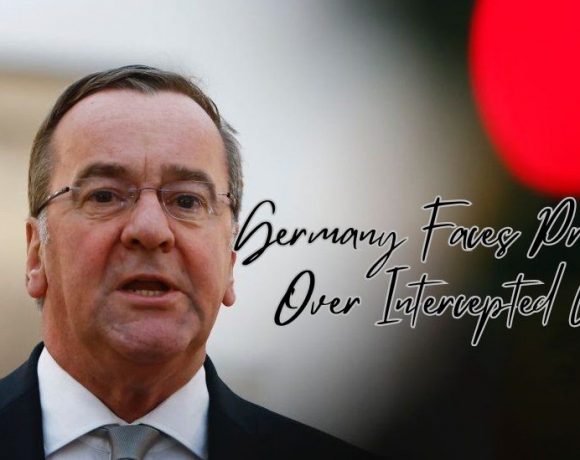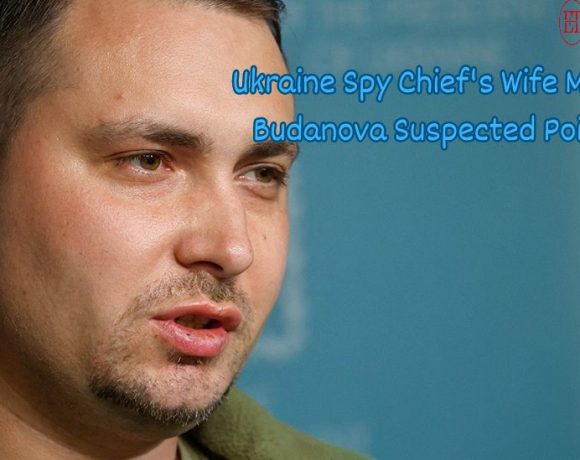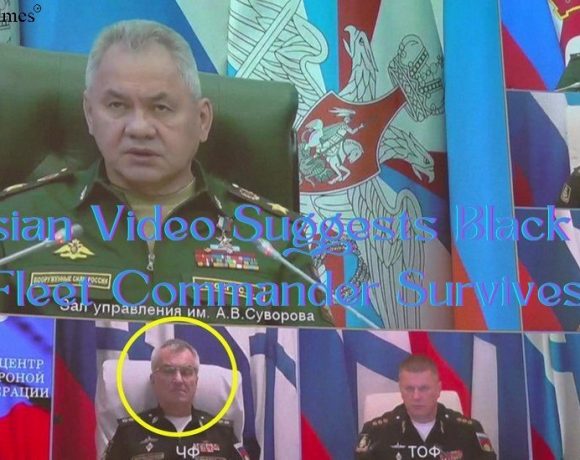
Germany is currently facing scrutiny after a leaked conversation among air force officials discussing the possibility of providing long-range missiles to Ukraine was made public by Russian sources. The recording, aired by Russia’s state-run RT channel, captured high-ranking German military officers discussing the potential use of Taurus cruise missiles to target the Kerch Bridge, which links Russia to Crimea.
The breach has raised significant concerns among Germany’s allies regarding its security measures. The discussion also touched on alleged British operations in Ukraine, further complicating matters.
While Germany’s defense ministry acknowledged the interception of the conversation, it could not confirm if the recording had been altered. The meeting was reportedly conducted on the Webex conference platform instead of a secure military platform, adding to Berlin’s embarrassment.
Germany’s Military Counterintelligence Service is investigating the security breach, though it remains uncertain if the findings will be disclosed publicly. Chancellor Olaf Scholz’s allies have rejected calls for a parliamentary inquiry.
The incident has underscored divisions over Scholz’s reluctance to supply Taurus missiles to Ukraine, citing concerns about their potential use against Russian territory. France and Britain have provided Kyiv with missiles of shorter range.
The leak has exposed a rift between senior German military officials advocating for Taurus deployment and Chancellor Scholz, whose focus appears to be on political survival rather than continental interests, according to critics.
German Defense Minister Boris Pistorius has labeled the hack as a Russian attempt to sow discord, characterizing it as a “hybrid disinformation attack” aimed at undermining unity. He cautioned against falling for Russian manipulation.
In response, the Kremlin has seized upon the leak to portray Western involvement in the Ukraine conflict. Kremlin spokesperson Dmitry Peskov suggested that the leaked conversation indicated the Bundeswehr’s deliberation over plans to strike Russian territory, further fueling tensions between Russia and the West.
Picture Courtesy: Google/images are subject to copyright



